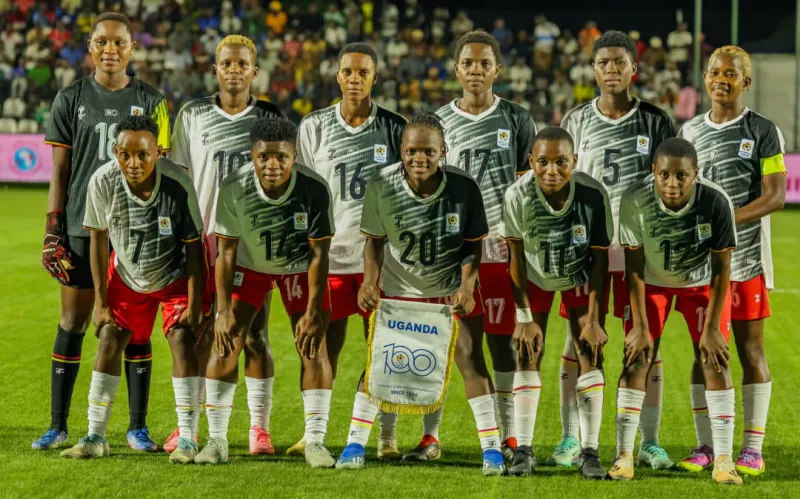
The Uganda national women’s football team, the Crested Cranes, suffered a third defeat in four matches at the CECAFA Senior Women’s Championship on Thursday, falling 2-0 to regional rivals Tanzania. The result compounds a challenging campaign for the Cranes, who have now lost to Burundi (1-0), Kenya (4-0), and Tanzania, leaving their tournament hopes in tatters.
Against Tanzania, the Ugandan side struggled to assert control in midfield. It lacked sharpness in the final third, continuing a worrying pattern of underperformance that has plagued them throughout the tournament. The two-goal defeat mirrored the team’s earlier struggles, where lapses in defensive organisation and an inability to transition effectively on the counter proved costly.
Uganda’s biggest issues appear to stem from a lack of tactical cohesion. The team has yet to score a goal in three of their four matches, raising questions about creativity and leadership in the attacking third. Head Coach Sheryl Botes has rotated the squad in search of a winning formula, but key partnerships, particularly in midfield and defence, remain unsettled.
In contrast, their opponents have shown greater fluidity and cohesion, especially Kenya and Tanzania, who exploited Uganda’s flanks and converted chances with ruthless efficiency.
A Wake-Up Call for the Crested Cranes
This tournament was expected to be a proving ground for Uganda’s up-and-coming players, but the results suggest a need for urgent recalibration. The Crested Cranes’ lack of consistency may highlight deeper structural challenges, from player development and fitness levels to tactical training and international exposure.
With CECAFA serving as a key regional platform for World Cup and Olympic qualification prospects, Uganda’s struggles have prompted concern among fans and stakeholders about the long-term vision for women’s football in the country.
Room for Growth
While this year’s campaign has largely been disappointing, it offers valuable lessons. The tournament has exposed gaps that need addressing—not just at the national team level, but across youth development programs, coaching standards, and institutional support.
There is talent within the ranks; players like Sylivia Kabene have shown flashes of potential, but converting that into competitive performance will require investment, stability, and a clear technical strategy.
As the Crested Cranes head into their final fixtures, the focus now shifts to salvaging pride and laying groundwork for a more resilient and tactically mature squad moving forward.


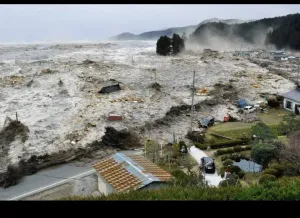

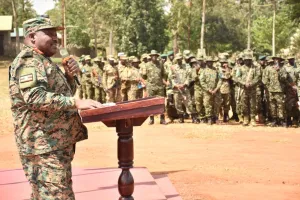






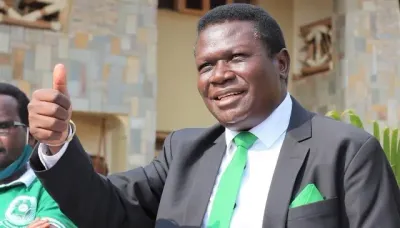
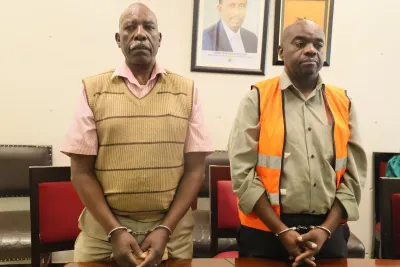
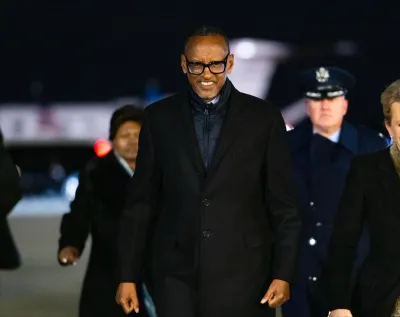
Arnold Tigaiza
Leave a Comment
Your email address will not be published.